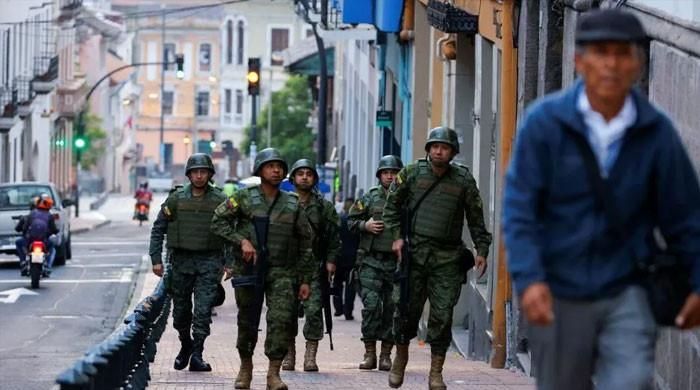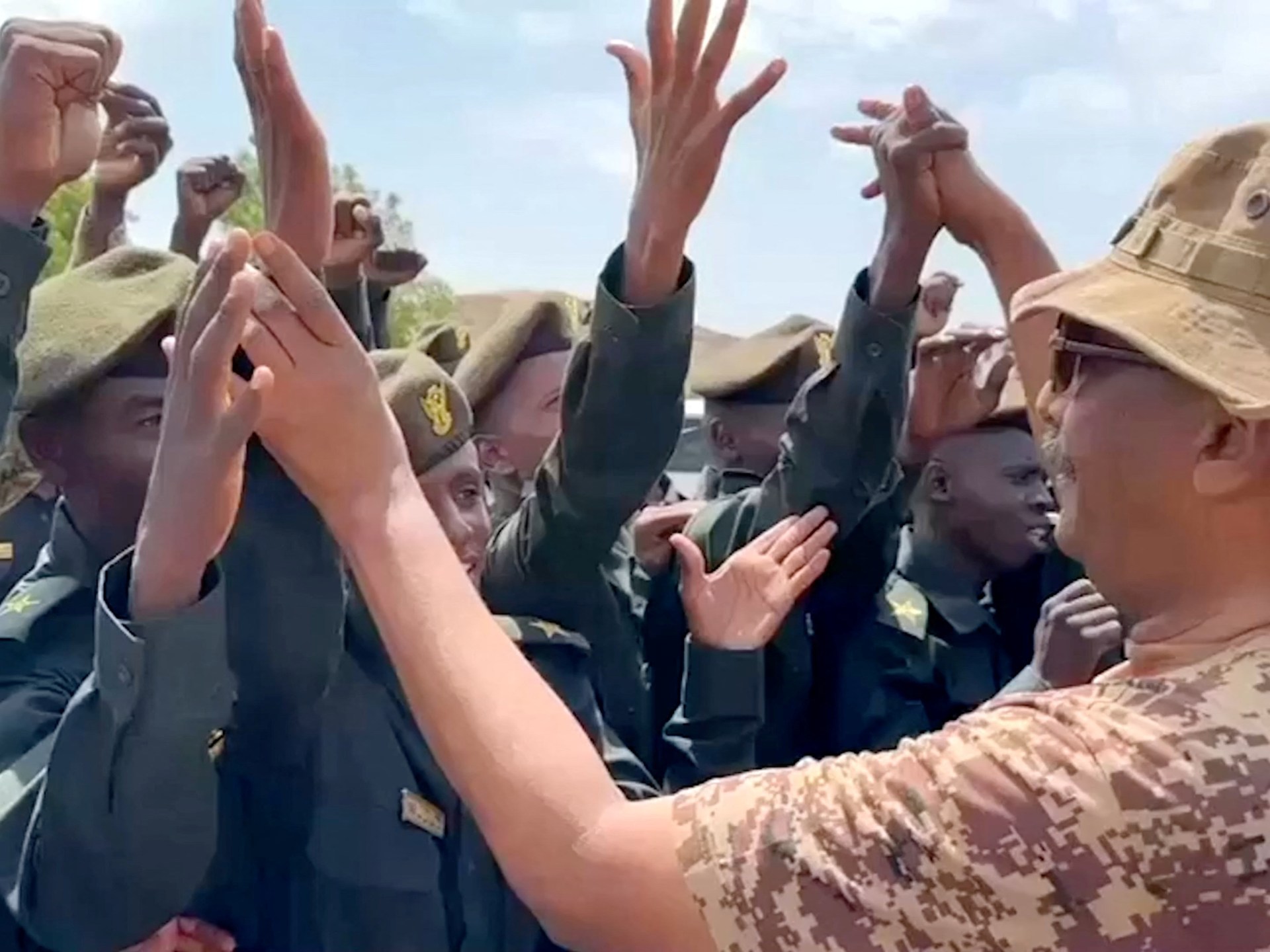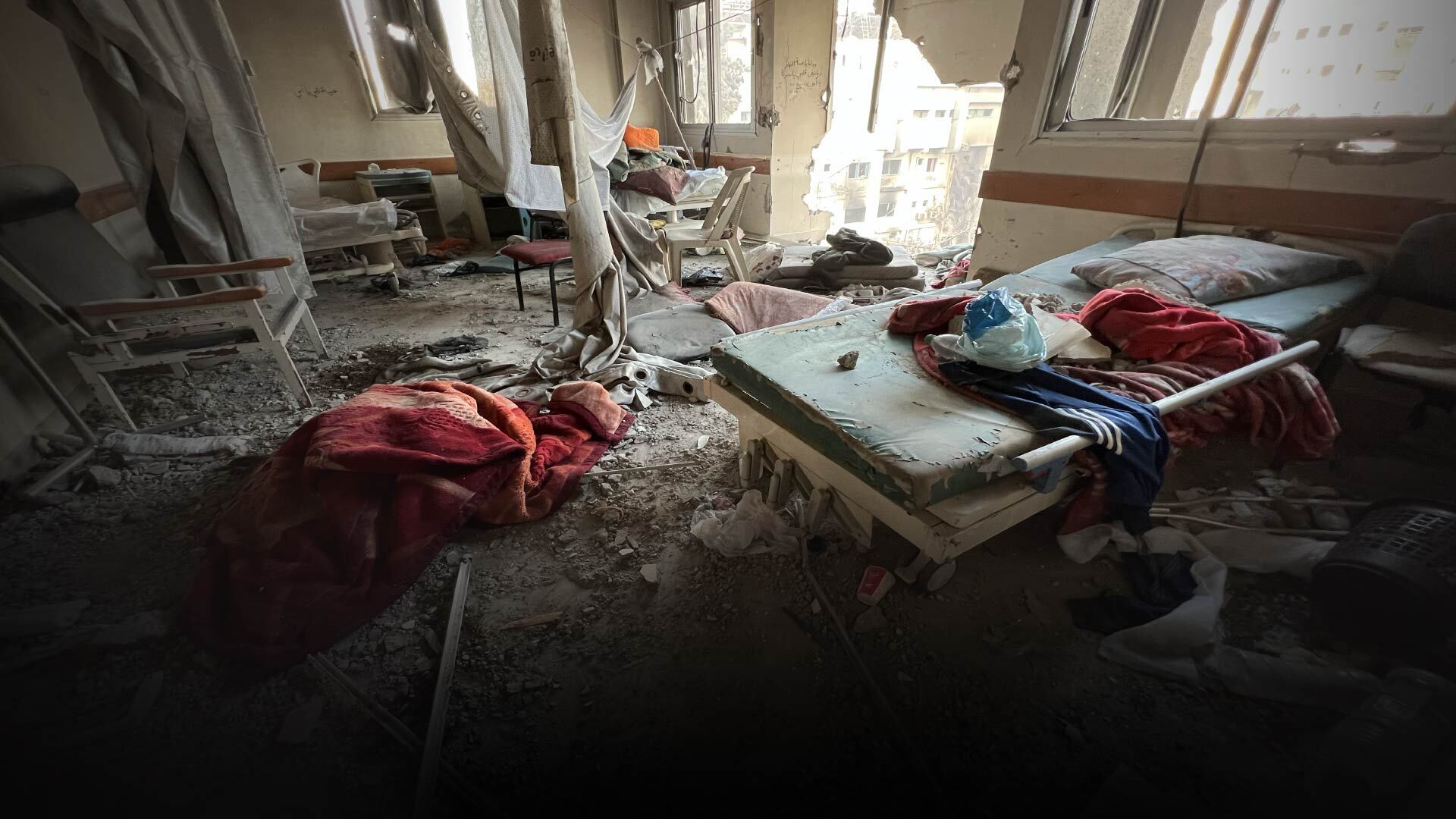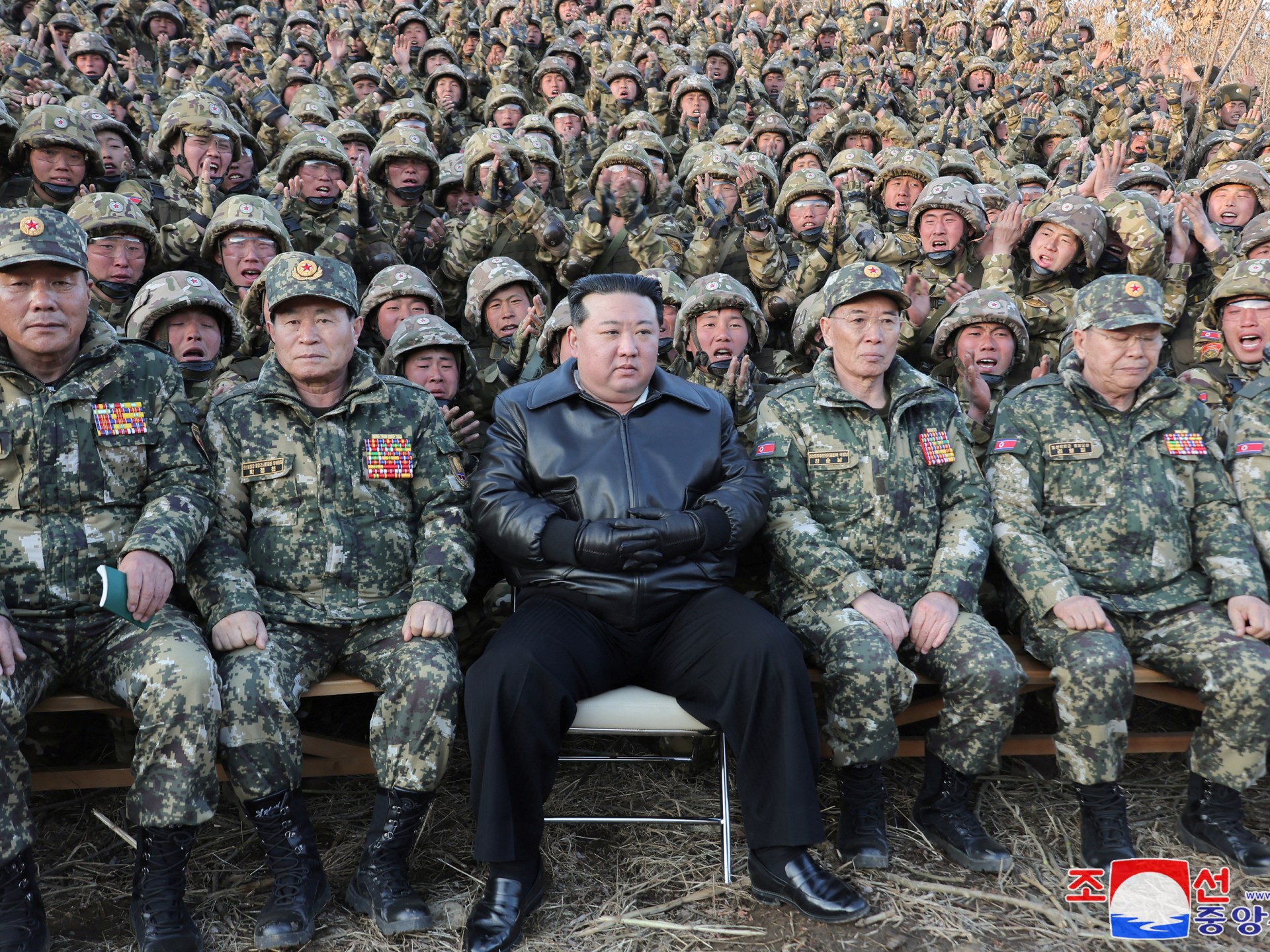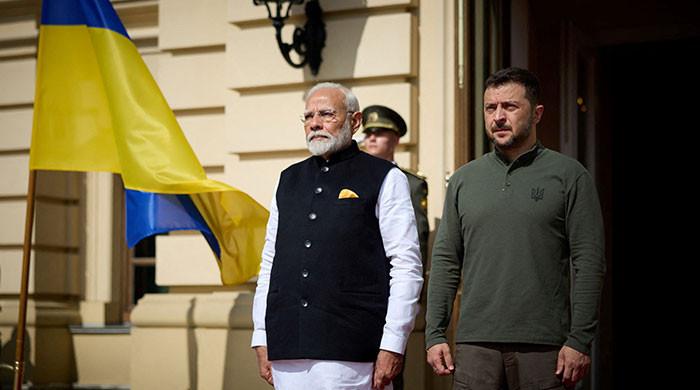Recent unrest in Ecuador was sparked by the escape of notorious gang leader Adolfo Macías Villamar.
Ecuador's once tranquil landscape is now marred by escalating gang violence, prompting President Daniel Noboa to declare an “internal armed conflict” and impose a state of emergency.
The recent unrest, sparked by the escape of notorious gang leader Adolfo Macías Villamar, has led to unprecedented acts of violence, including armed assailants storming a television studio.
The crisis developed on January 7, when the police tried to transfer “Fito” from the La Regional prison to the supposedly safer La Roca. However, Fito was warned and escaped, causing riots in several prisons throughout Ecuador.
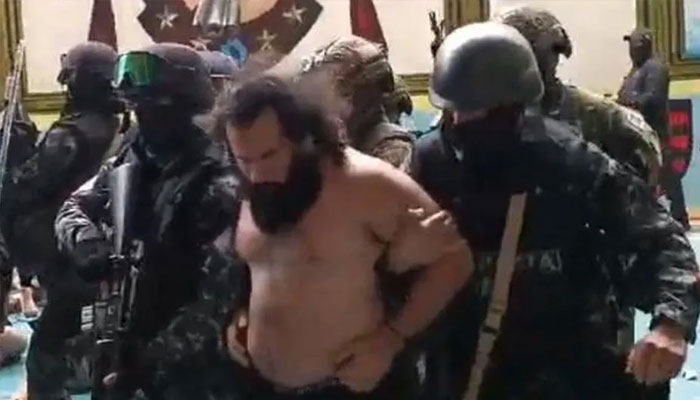
The power dynamics within these prisons, controlled by rival gangs, create a volatile environment that often results in deadly conflicts.
Ecuador's geographic position between the main cocaine-producing countries, Colombia and Peru, has made it an attractive transit point for drug traffickers.
Transnational criminal groups, including Mexican cartels and Balkan gangs, exploit Ecuador's large ports on the Pacific coast, contributing to the rise of organized crime.
In response to the escalation of violence, President Noboa declared a state of emergency and authorized the deployment of armed forces to restore order.
A nationwide curfew was implemented, giving police sweeping search powers to address the security crisis.
The gangs, defiant of the state of emergency, retaliated by kidnapping a police officer and issuing a threatening statement.
President Noboa, recognizing the seriousness of the situation, declared an “internal armed conflict” and identified 22 gangs as “terrorist organizations.”
He emphasized a non-negotiation stance with violent groups, signaling a determined effort to neutralize their impact.
The crisis presents a major challenge for President Noboa, who took office just two months ago.
Elected on a promise to combat gang-related violence, he now faces the urgent task of quelling not only prison unrest but also the spillover of violence into the streets of Ecuador's major cities.
The population, fearful and confined to their homes, awaits decisive action to restore order and peace.

